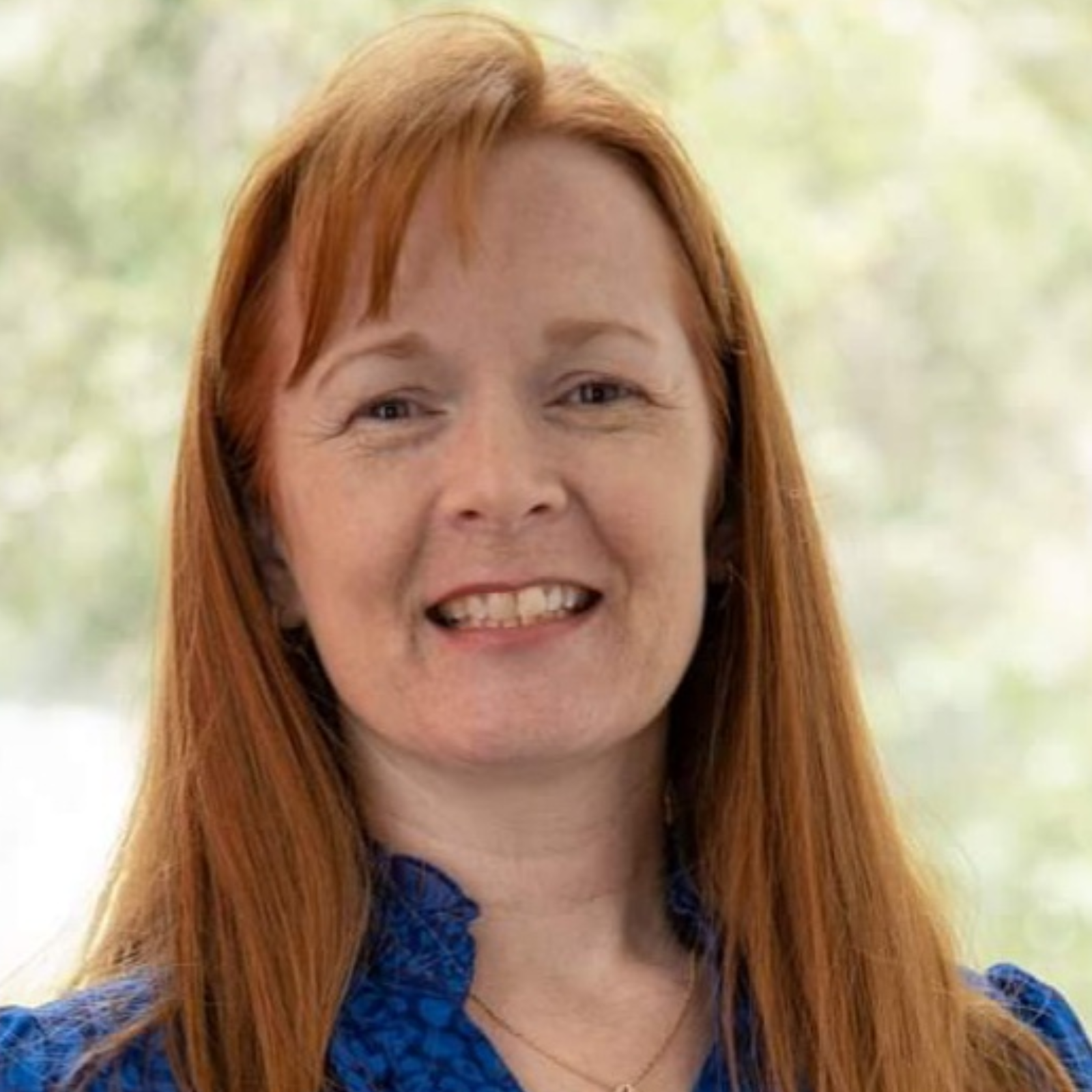Funding Opportunities
Esther Katz Rosen Fund Grants
The Esther Katz Rosen Fund* was established in 1974 by a generous bequest intended to support “…activities related to the advancement and application of knowledge about gifted children.”
The Esther Katz Rosen Fund was established in 1974 by a generous bequest intended to support “…activities related to the advancement and application of knowledge about gifted children.”
Program Goals:
- enable and enhance development of identified gifted and talented children and adolescents
- encourage promising psychologists to continue innovative research and programs in this area
Support will be provided for activities on the advancement and application of knowledge related to identified gifted and talented children and adolescents, such as:
- research
- pilot projects
- research-based programs
*In November 2013, the American Psychological Foundation Board of Trustees combined the Rosen Graduate Student Fellowship and Rosen Early Career Research Grant into a single program, the Esther Katz Rosen Fund Grants.
Eligibility
APF encourages applicants from diverse backgrounds with respect to age, race, color, religion, creed, nationality, ability, sexual orientation, gender, and geography.
Applicants must:
- be affiliated with a school or education institution
- hold a doctoral degree from, or be a graduate student at, an accredited university for research proposals
Application Instructions
Application Materials:
- project proposal
- project timeline
- detailed budget and justification
- CV
- two letters of support
Evaluation Criteria
Applications will be evaluated on:
- conformance with stated program goals and qualifications
- quality and impact of proposed work
- innovation and contribution to the field
- applicant’s demonstrated competence and capability to execute the proposed work
For detailed application instructions including formatting and content, please create or log into your GivingData account and review the comprehensive application instructions in the portal. If you still need assistance after reviewing the portal, please contact APF Programs at programs@ampsychfdn.org.
Please be advised that APF does not provide feedback to applicants on their proposals.
Please review our program FAQs for important details on the application process.

Recent Recipient
Dr. Michelle Ronksley-Pavia
Griffith University
“Pioneering roles for AI in gifted education programming: Leveraging gifted adolescents’ creative out-of-school uses of generative artificial intelligence to support in-school talent development practices.”
Past Recipients
2025
Arianna Gard, PhD, University of Maryland, College Park
“Probing the Influence of Test Stimuli on the Under-identification of Adversity-Exposed Gifted Students”
2024
Dr. Michelle Ronksley-Pavia, Griffith University
“Pioneering roles for AI in gifted education programming: Leveraging gifted adolescents’ creative out-of-school uses of generative artificial intelligence to support in-school talent development practices.”
2023
Dr. Ran Shorrer, Pennsylvania State University
“The Long-Term Impacts of Gifted-Students Programs”
2022
Tzu-Jung Lin, PhD, Ohio State University
“The Impact of the COVID-19 Pandemic on Gifted Students’ Academic Competence and Socioemotional Well-being during the Middle School Transition”
2021
Jeroen Lavrijsen, PhD, KU Leuven, Belgium
2020
Sol Bee Jung, PhD, Johns Hopkins University
2019
Baptiste Barbot, PhD, Université Catholique de Louvain
Jonathan Wai, PhD, University of Arkansas
2018
Nielsen Pereira, PhD, and Ophelie Allyssa Desmet, Purdue University
“How Gifted Underachievement Develops According to Gifted Underachievers and Their Parents”
2017
Matthew Makel, PhD, Duke University
2016
Danika Maddocks, PhD, University of Texas at Austin
Tracy Missett, PhD, University of Montana
2015
Catherine Hartley, PhD, Weill Cornell Medical College
Alissa Doobay, PhD, University of Iowa
Rena Subotnik, PhD, and Frank Worrell, PhD, Coalition for the Psychology of High Performance
2014
Jeffrey Bergmann, George Mason University
Saiying Steenbergen-Hu, PhD, and Eric Calvert, PhD, Northwestern University
2013 Graduate Student Fellowship
Chi Huang, Palo Alto University
“Creativity and Personality in Highly Gifted Youth”
2012 Graduate Student Fellowship
Carlton Fong, University of Texas at Austin
2012 Early Career Research Grant
Mathew McBee, PhD
2011 Graduate Student Fellowship
Zeb Lim, University of Kansas
2010 Graduate Student Fellowship
Karen E. Rambo, University of Connecticut
2009 Graduate Student Fellowship
Joni M. Lakin, University of Iowa
Kristen Peairs, Duke University
2008 Graduate Student Fellowship
Jill Lynn Adelson, University of Connecticut
Thalia Goldstein, Boston College
